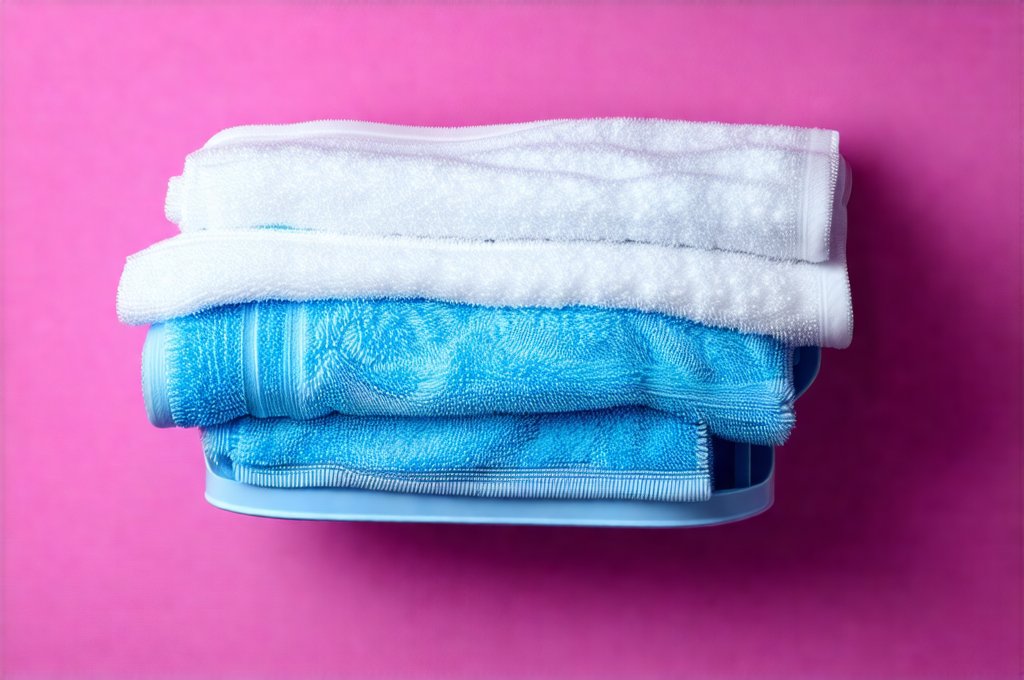The uncomfortable burning sensation, the urgent need to ‘just go’, the nagging feeling that something isn’t quite right – these are all hallmarks of cystitis symptoms. While often associated with bacterial infections, many individuals experience flare-ups seemingly unrelated to infection, leading them to question their hygiene habits and daily routines. A common concern arises: could overwashing be contributing to these frustrating episodes? The connection between personal hygiene practices and bladder health is a complex one, often shrouded in misinformation and anxieties. This article delves into the potential link between overwashing – particularly in the genital area – and the triggering of cystitis-like symptoms, exploring the delicate balance required for maintaining healthy vaginal flora and overall urinary tract wellbeing.
It’s vital to understand that cystitis itself is typically defined as inflammation of the bladder, most commonly caused by bacterial infection (often E. coli). However, a significant number of people experience recurring symptoms without evidence of infection – known as Interstitial Cystitis or Bladder Pain Syndrome (IC/BPS), although there are various other non-infectious causes too. These individuals often report symptom exacerbation linked to specific activities, and hygiene practices can be one such trigger. This isn’t necessarily about causing a bacterial cystitis; rather it’s about disrupting the natural balance of the vaginal microbiome and potentially irritating the bladder lining, leading to symptoms that mimic or worsen those associated with traditional cystitis. Therefore, understanding how our cleaning habits impact this delicate ecosystem is crucial for preventative care and symptom management.
The Vaginal Microbiome & Its Delicate Balance
The vagina isn’t a sterile environment; it teems with millions of microorganisms, primarily bacteria. This complex community, known as the vaginal microbiome, is dominated by Lactobacilli species – often referred to as “good” bacteria. These beneficial bacteria produce lactic acid, creating an acidic pH (around 3.8-4.5) that inhibits the growth of harmful pathogens like E. coli. A healthy, balanced microbiome acts as a natural defense mechanism against infection and inflammation. However, this delicate balance is easily disrupted by various factors, including harsh soaps, douching, excessive washing, antibiotics, and even changes in hormones.
Overwashing, even with seemingly gentle products, can strip the vagina of its natural oils and disrupt the pH level. This creates an environment where harmful bacteria can thrive, increasing susceptibility to infections or irritating the bladder lining. Douching is particularly damaging as it completely flushes out both beneficial and harmful bacteria, leaving the vaginal ecosystem vulnerable. Furthermore, aggressive scrubbing or using scented products can further exacerbate these issues, leading to inflammation and discomfort. It’s important to remember that the vagina is self-cleaning; it naturally maintains its hygiene through its own secretions. If you are concerned about potential triggers, you might wonder can certain medications trigger cystitis symptoms.
The idea of a ‘clean’ vagina as depicted in advertising often contradicts biological reality. A healthy vagina doesn’t require aggressive cleaning – quite the opposite. The natural discharge, which varies throughout the menstrual cycle, is a sign of a functioning ecosystem and should not be seen as something to eliminate entirely. In fact, attempting to eliminate it can inadvertently disrupt the microbiome’s delicate equilibrium.
How Overwashing Can Trigger Cystitis-Like Symptoms
While overwashing doesn’t directly cause bacterial cystitis in most cases, it can contribute to symptoms that closely resemble it, particularly in individuals prone to recurrent episodes or those with IC/BPS. The mechanisms behind this are multi-faceted. Disruption of the vaginal microbiome weakens the natural defenses against harmful bacteria, making ascending urinary tract infections more likely. Even if a full-blown infection doesn’t develop, an imbalance can lead to inflammation and irritation in the vulval area, which can then radiate upwards and trigger bladder symptoms.
Furthermore, harsh soaps and detergents can irritate the sensitive skin of the vulva and urethra, causing discomfort and potentially triggering urgency or frequency. This is especially true for individuals with sensitivities or allergies. For those with IC/BPS, even minor irritation can significantly exacerbate their existing symptoms, leading to painful flare-ups. The close proximity of the urethra to the vaginal area means that changes in the vaginal microbiome can directly impact urinary function and sensitivity. Therefore, maintaining a healthy vaginal environment is not just about hygiene; it’s also about supporting overall bladder health. Many people wonder can sugar trigger UTI symptoms as well.
The connection between the gut microbiome and bladder health is also emerging as an important consideration. Antibiotics used to treat bacterial cystitis can disrupt both the gut and vaginal microbiomes, creating a cycle of imbalance that increases susceptibility to recurrent infections or symptom flare-ups. Therefore, restoring microbial balance through probiotics and dietary changes may be beneficial for long-term management.
Minimizing Irritation & Supporting Vaginal Health
The good news is that adopting gentle hygiene practices can significantly reduce the risk of triggering cystitis-like symptoms. Here are some key recommendations:
- Water is your friend: For external cleansing, warm water is often sufficient. Avoid harsh soaps, bubble baths, scented wipes, and feminine washes. If you choose to use a cleanser, opt for a mild, fragrance-free soap specifically designed for sensitive skin.
- Gentle pat dry: After washing, gently pat the area dry with a soft towel instead of rubbing aggressively. This minimizes irritation and preserves the natural moisture barrier.
- Avoid douching at all costs: Douching disrupts the vaginal microbiome and increases the risk of infection. The vagina is self-cleaning and doesn’t require this intervention.
- Choose breathable underwear: Opt for cotton underwear that allows air to circulate, reducing moisture buildup and preventing bacterial growth. Avoid tight-fitting clothing or synthetic materials.
Diet & Hydration’s Role in Urinary Tract Health
Beyond hygiene practices, dietary choices play a crucial role in maintaining urinary tract health and potentially mitigating cystitis symptoms.
- Hydrate adequately: Drinking plenty of water throughout the day helps to flush out toxins and dilute urine, reducing irritation and preventing bacterial growth. Aim for at least six to eight glasses of water daily.
- Identify & eliminate bladder irritants: Certain foods and beverages can exacerbate cystitis symptoms in some individuals. Common culprits include caffeine, alcohol, spicy foods, citrus fruits, tomatoes, artificial sweeteners, and carbonated drinks. Keeping a food diary can help identify specific triggers.
- Consider probiotic supplementation: Probiotics containing Lactobacilli strains can help restore the vaginal microbiome after antibiotic use or periods of imbalance. However, it’s important to choose a high-quality probiotic specifically formulated for vaginal health and consult with a healthcare professional before starting supplementation. Many wonder if can electrolyte imbalances worsen cystitis symptoms contribute to flare ups as well.
When To Seek Medical Attention
It’s essential to differentiate between mild discomfort and symptoms that warrant medical attention. If you experience any of the following, it’s crucial to consult a doctor:
- Fever: A fever suggests a possible bacterial infection requiring antibiotic treatment.
- Blood in your urine: This could indicate a more serious condition requiring investigation.
- Severe pain or burning sensation: Intense discomfort that interferes with daily activities needs medical evaluation.
- Recurring symptoms despite hygiene adjustments: If lifestyle changes don’t alleviate your symptoms, it’s important to rule out underlying conditions like IC/BPS.
Remember, this article is for informational purposes only and should not be considered a substitute for professional medical advice. Always consult with a healthcare provider for diagnosis and treatment of any health condition. Addressing potential links between overwashing and cystitis-like symptoms requires a nuanced understanding of the vaginal microbiome, bladder health, and individual sensitivities. By adopting gentle hygiene practices, making informed dietary choices, and seeking timely medical attention when needed, individuals can proactively support their urinary tract wellbeing and minimize the risk of frustrating flare-ups.





















